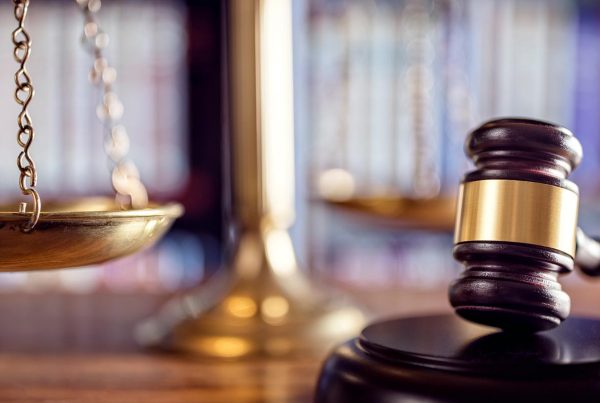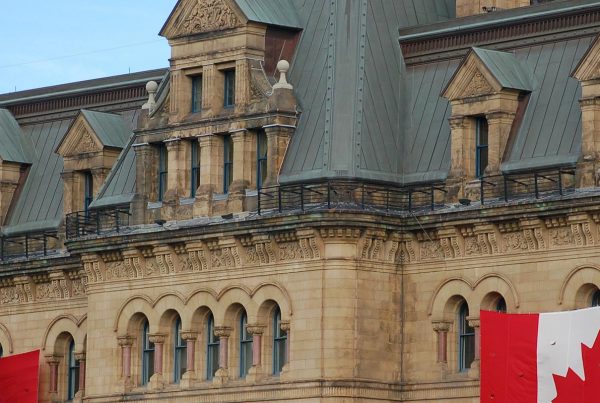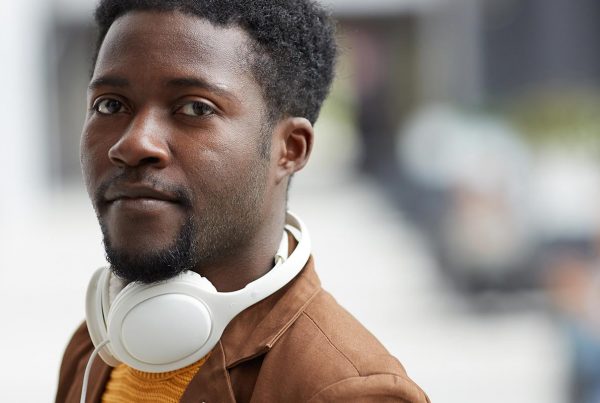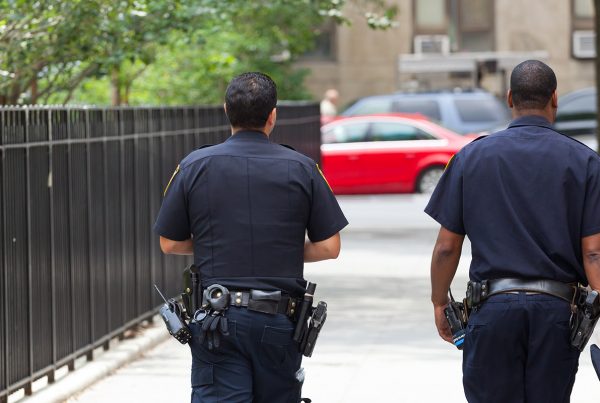Police across Canada have been granted the power to randomly pull over cars, question the occupants, and demand identification from drivers. The police do not need to have seen someone driving erratically, or have any suspicion of wrongdoing, in order to stop and question people. It is an arbitrary detention power that is unnecessary and has resulted in decades of racial profiling, discrimination, and harassment- and we believe it is unconstitutional. There is nothing truly ‘random’ about suspicionless roadside stops. They provide an opportunity for discriminatory policing and harassment—whether as a pretext or due to unconscious bias. There is no doubt that the practice disproportionately affects Black individuals and members of other racialized groups. It undermines public confidence in law enforcement and the justice system as a whole.
Learn more about your rights during police stops here.
Read our primer on anti-Black racism in the Canadian justice system here.
Racial profiling has serious and pervasive negative impacts on individuals and communities. Heightened visibility and more encounters with law enforcement subject racialized individuals to an increased risk of police violence and abuse, which can lead to serious injury, long-lasting trauma, and death. Arbitrary, discriminatory police stops, even very short ones, are a serious interference with individuals’ dignity, safety and mental well-being.
The fact that racialized individuals are more likely to be targeted by these police powers also means that their activities face greater visibility and exposure to police scrutiny, surveillance and intervention. This heightened visibility is one of many contributors to the overrepresentation of Black, Indigenous, and racialized individuals in the criminal justice system—for example, because these individuals are more likely to be charged with administration of justice offences or other offences as a result.
Laws that facilitate unjust treatment also erode the perceived legitimacy of the police, the state, and the justice system as a whole. They make trust in and voluntary cooperation with public authorities less likely. The practice of racial profiling in particular undermines the belief and expectation — fundamental to any democratic society — that all individuals are equal before the law.










